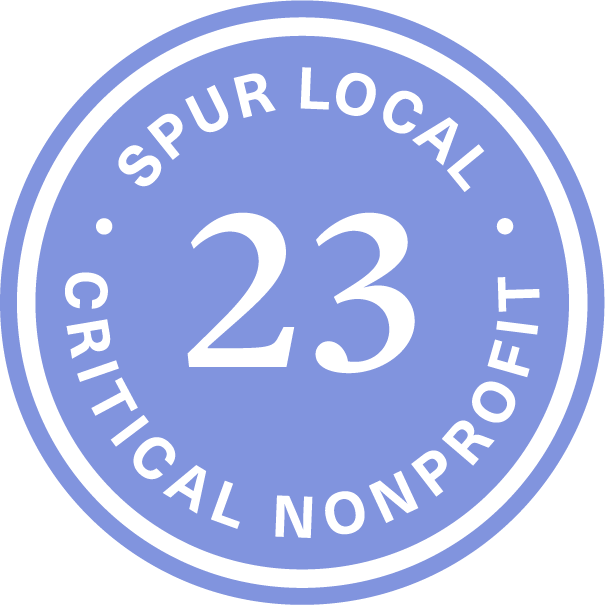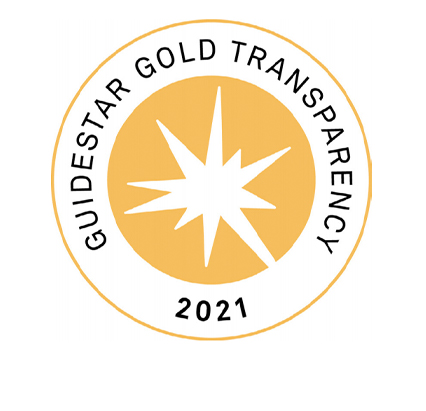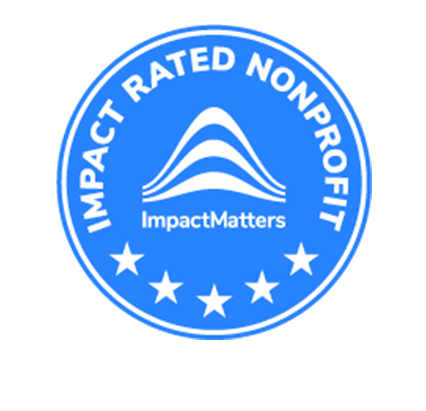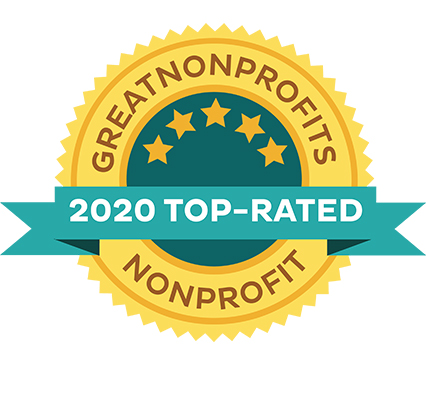DASH will offer a series of interviews with our Board members about their service with the organization. This interview with Joseph Sclafani is the first.
1. How did you first find out about DASH? What stood out to you?
I first came to DASH as a member of the pro bono strategic planning team engaged through COMPASS in 2009/10. Over the course of several months we were able to delve into its history, its leadership, its programs, its relationships with clients, supporters and other service organizations, and its vision of future possibilities. Now, that’s a terrific way of learning about an organization in very short order!
I can’t say that there was any one thing about DASH that stood out to me. Looking back, I think it was a combination of things. The most obvious was that here was an organization that was well managed, reflected in the recognition that the next step in its impressive growth and development up to that point was a formal articulation of its vision and the strategies to achieve it. Another aspect that stood out was the quality and passion of its leadership – Peg’s vision and energy, which clearly infused every aspect of DASH’s operations, and the commitment and dedication of board members, individually and as a group. Most impressive to me was DASH’s unique “low barrier” and “voluntary services” approach in meeting its client population’s needs. I think that’s what really sets it apart from others working with DV survivors.
2. How is DASH’s work and focus important to your community, family and friends? How can you see people in your life connecting with the organization?
First and foremost, of course, is the importance of DASH’s contribution to meeting the immediate needs of the clients it serves, as well as to improving their longer-term prospects for a safer and more secure life. But, its work and focus is also important in their demonstration that an approach that truly empowers its clients, that does not in any way “blame the victim” or judges their choices, can and does work. I can see friends and family similarly impressed with that work and focus becoming DASH supporters.
3. What are some of your personal interests and skills that you think are a good fit for DASH’s needs moving forward?
I bring a life-long interest in social justice issues, and in organizational dynamics. I think that both are a good fit for DASH.
4. Is this your first time working with a nonprofit? If so, what stands out about DASH?
No. Most of my working life has involved not-for-profits. My PhD dissertation was an examination of the structure and operations of a labor union in West Africa. In a decade’s work with UNICEF our most effective program partners were local not-for-profits, typically community-based. More recent work, both domestic and international, also involved initiatives to strengthen the governance and operations of not-for-profit organizations providing health and related social services. What stands out about DASH is what I mentioned earlier – it is facing challenges not uncommon for an organization at its stage of development, but with a leadership team that inspires confidence that those challenges will be effectively met.
5. What future plans of DASH’s are you excited about?
Using DASH’s fifth anniversary as an opportunity to publicize and advocate for its unique approach to serving its client community.





